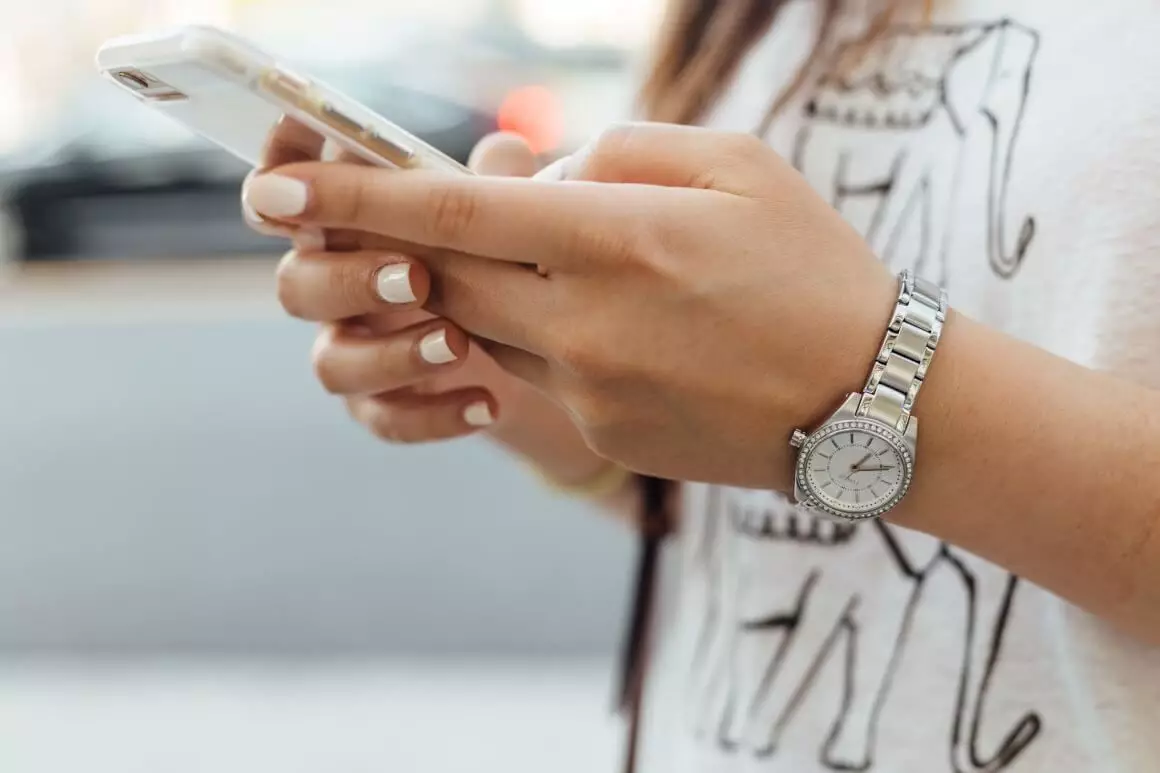
“Blue light” that has been flying around the internet for some time, alarming consumers to be aware of its harmful effects on their health and body. And even the smartphone companies implemented a feature called “night shift mode” to reduce the impact that this type of light has on us.
Blue light is a visible color in the light spectrum, which produces great amounts of energy. It’s emitted not only by TVs, smartphones, tablets, and other electronic devices such as computers, but also by the sun. Nonetheless, the devices are the main blue light emitters in our daily life.
How does blue light affect you?
The light directly effects us via our mood and increase of energy. It can make you more alert, awake, and aware of the things that happen around you. It can also make your reactions faster, and enhance your sense of overall happiness and wellbeing. [1] That is why electronic devices can be so addictive: they make you feel good.
Evidence suggests that blue light can improve your cognitive performance during the day. However, many studies have looked into the effects of long term overexposure to bright blue light. Some of them showed some significant negative effects of blue light on the human well-being.
The effect of blue light on sleep
According to the US National Sleep Foundation, blue light can suppress melatonin production in the body and decrease the quality of your sleep. [2]
Melatonin is a hormone, which the body usually secretes when it’s dark. It prepares you for your “sleeping” routine by stimulating the brain to give you a signal of tiredness and sleepiness to indicate that it’s time for bed. [3]
As the exposure to blue light may trouble the efficient production of this hormone, it may have a direct effect on our sleep quality, and eventually cause severe sleeping disruptions like insomnia.
In addition, blue light may stimulate changes in the body’s internal clock (also called the circadian rhythm) and deceive you into feeling awake when you may actually be sleepy. [4] In the long term, such insomnia-related conditions may lead to decreased quality of life, low concentration and productivity during the day, as well as fatigue and irritability.
Find out how high-quality sleep can affect your body and skin!
 Blue light makes you tired
Blue light makes you tired
As a consequence of poor sleep quality, blue light plays a role in affecting your daily performance in terms of physical abilities and brain efficiency.
We all know that sleep is key for being active and living a healthy life. But when we don’t get enough of it, we may bear a risk of suffering from chronic fatigue, which is related to the following physical and mental conditions [5] :
- Inability to focus and concentrate
- Poor evaluation of options (and making inadequate decisions)
- Lack of motivation
- Little-to-no desire for physical activity
- Inability to remember facts and situations
- Irritability
- Other
Can too much blue light cause depression?
Even though blue light can make you feel good about yourself and may enhance the feeling of well-being, it may lead to depression in the long run.
Taking into account that this light is associated with disturbances in the circadian rhythm, a 2012 study in the Journal of Neuropharmacology suggested a link between disruptions in circadian rhythm, development of depression, and temporary mood swings. [6]
Even though the exact reason for this link was not identified, specialists believe that overexposure to blue light might increase the risk of developing depressive and anxiety-related symptoms.
Find out 5 useful tips on how to have good night sleep.
Thankfully, there are many items on the market to help us reduce our blue light exposure. You can fit your laptop or desktop screen with a blue light blocker, you can use the night-shift mode on your hand-held devices, you can install f.lux on your computer or you can sport some blue light blocking glasses!
Explore your options to help cut-down on your blue light exposure.
Is blue light harmful to your eyes?
According to the American Academy of Ophthalmology, when you’re looking at your phone or computer screen, you tend to blink less. This can play an important role in developing eye strain or suffering from dry eyes. [6]
The symptoms of this condition may include:
- Dry or watery eyes
- Tired eyes
- Soreness, itching, burning
- Blurry vision
- Photosensitivity
- Headache
In the beginning, you may experience such symptoms occasionally, but in a long perspective, their frequency may increase and can even become chronic.
However, according to a 2017 study, no evidence has confirmed the link between blue light exposure, eye strain, macular degeneration, and blindness. [7] In fact, the risk of eye strain has been found to increase proportionally with the time you spend in front of the screen without taking a break.
For that reason, specialists recommend taking regular breaks and applying the rule 20-20-20. Look 20 feet away, for 20 seconds, every 20 minutes. [8]
Conclusion
Overexposure to blue light may have more negative effects on your mind, mood, and sleep than on your vision. And even though using computers, phones, and tablets has become an irreplaceable activity in our lives, it’s important to pay attention to the time we spend in front of the screen and take frequent breaks. Because our health needs balance and consistent care!








